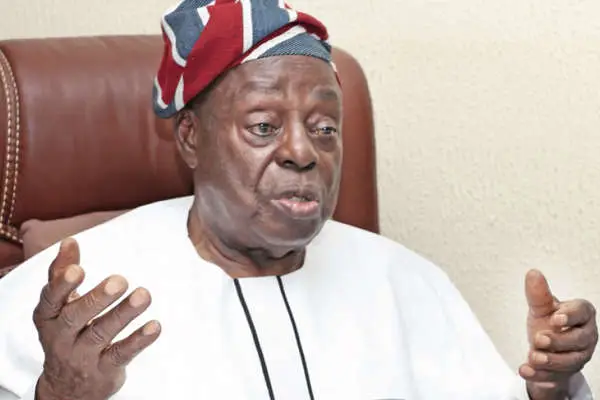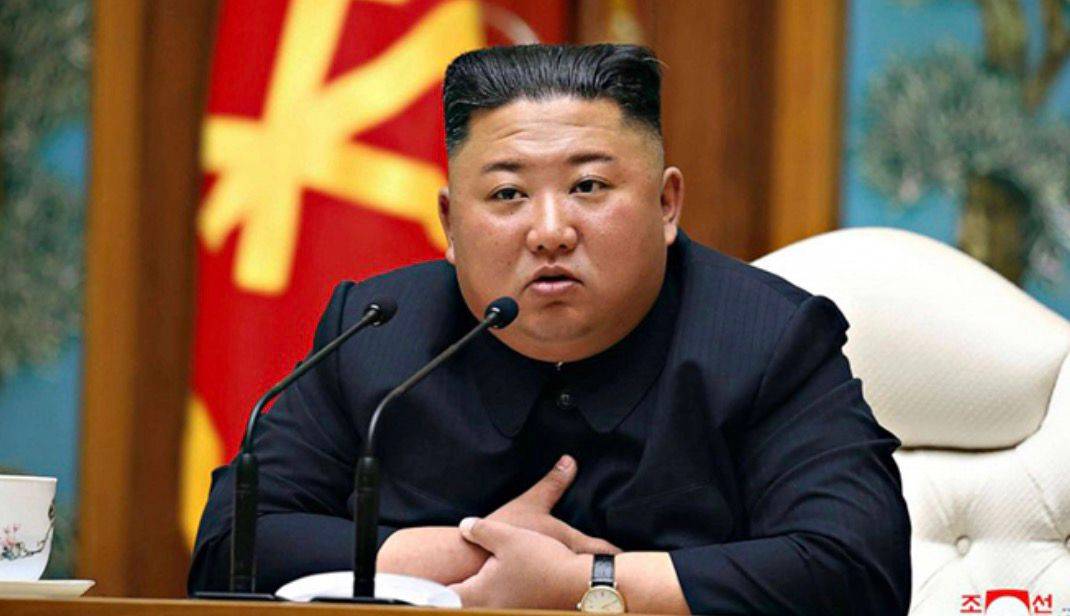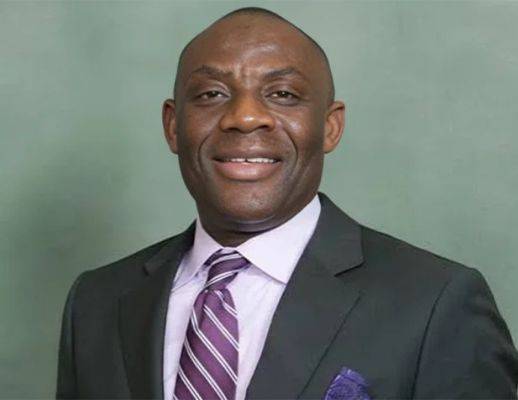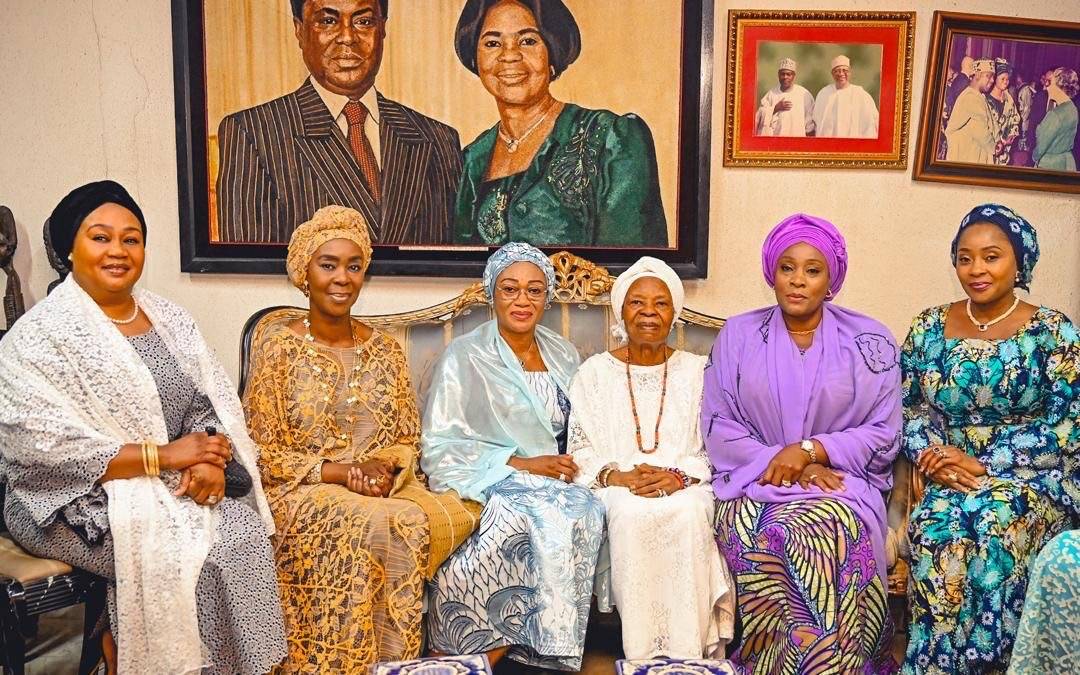By Afe Babalola
“Nelson Mandela would have been hanged in 1964 but for the discretionary power of the judge to substitute imprisonment”.
Last week, I began a discussion on proprietary of Nigeria’s retention of the death penalty. I concluded last week’s piece with the examination of the argument that the death penalty deters criminals. My view, as stated last week, is that it does not.
Death penalty as strong response to certain crimes
A further argument for the retention of death penalty is that some crimes are horrific and their effects so profound that only the death penalty could indicate society’s disapproval of the conduct of those who committed them. Crimes in this category may include the deliberate extermination of over six million Jews by the Nazis during World War Two and for which some major leaders of the Nazi regime paid with their lives. A further example is that of Timothy McVeigh, the American terrorist who, in 1995, bombed two Federal Buildings in Oklahoma, leading to the death of 168 people and injured over 600 others. He was executed in 2001. In Nigeria, an example that readily comes to mind is that of the late Lawrence Anini, the underworld kingpin who in the ’80s terrorised the then Bendel State, killing numerous policemen. I doubt if anyone could really argue that the crimes ascribed to these persons are not deserving of death penalty.
Death is irreversible
However, despite the arguments for the death penalty, there are some arguments against it which cannot be ignored. Life is sacrosanct. It is a gift given by God. It is like a line connecting two distant points; the points being birth and death. If this line is broken, it cannot be reconnected. Therefore, it is agreed that death is final and conclusive and incapable of being reversed. What therefore happens where someone is wrongly convicted of an offence, sentenced to death and executed, only for facts suggesting or even establishing innocence to be revealed after his death?
As scary or farfetched as the above scenario might sound, it is one that has played out in recent history. In 1927, Ferdinando Sacco and Bartolomev Vanzetti were tried, convicted, sentenced to death and executed in Boston, Massachusetts for murder. Fifty years later in 1977, the governor of the state issued a declaration admitting that the two had not received a fair trial. In 1953, Derek Beltley was hanged in the United Kingdom for murder. However, in 1993, he received a royal pardon which was in 1998 followed by a decision of the Court of Appeal which quashed his entire conviction for murder.
The decision was made following evidence establishing his innocence, including the revelations that his supposed “confessional statement” had been doctored by police officers. James Hanratty was one of the last people in the UK to be sentenced to death for murder. He was hanged at Bedford Gaol on April 4, 1962, after being convicted of the murder of scientist Michael Gregsten, who was shot dead in his car near Clophill, Bedforshire in August 1961. Gregsten’s mistress, Valerie Storie, was raped, shot and left paralysed in the same incident.
In Nigeria here, some decades back, a national daily reported the public execution, by firing squad, of some persons convicted of armed robbery. As was customary after the first round of shots had been fired at the condemned men, a doctor on hand to certify their deaths moved closer to examine them. To the doctor’s surprise he found one of them, mortally wounded and barely alive, muttering almost inaudibly. What was however shocking was not the fact that the man was still alive but the words coming out of his lips even as life was draining out of him.
He kept muttering in Yoruba: “Iku oro.. lai se lai jale!” Which can be loosely translated to mean: “Oh what a painful death… when I have committed no crime… when I have not stolen”. Law students are taught very early that much premium is placed, in certain circumstances, on statements known as dying declarations, made by persons at the point of death when they have lost all hope of survival. If applied to the scene described above, it is difficult to argue that that particular condemned man was still deceptive when he insisted on his innocence even to the point of death.
Therefore, as no judicial system is perfect and because obvious cases of miscarriages of justices occur, it has been argued that long terms of imprisonment be made to replace the death penalty in Nigeria and other countries that still retain it. After all, if it is discovered that a man has been wrongly convicted he can still be released from prison. The Innocence Project in the United States of America has succeeded in securing the release of numerous persons after they had spent decades in prisons.
However, in acknowledgement of the realities of our time, I suggest an amendment to the law to permit judges, where mitigating circumstances exist, to impose terms of imprisonment rather than the death penalty in capital offences. At the moment, judges do not have any such discretion as the death penalty is mandatory.
In 1964, a similar discretion was exercised in favour of a man tried and convicted of sabotage and conspiracy to violently overthrow the government of South Africa. The trial Judge rejected the prosecution’s application for the imposition of the death penalty and on the contrary sentenced the accused to life imprisonment. This convict spent 27 years in jail and returned to lead his country through a phase of democratic reforms. That man was Nelson Mandela. This man whom the whole world wished speedy recovery from his health challenges, could have been at the end a hangman’s noose in 1964 but for the discretionary power of the judge not to impose death penalty in appropriate cases.
Murder (Abolition of Death Penalty) Act 1965 in Great Britain
The Murder (Abolition of Death Penalty) Act 1965 (c. 71) is an act of the Parliament of the United Kingdom. It abolished the death penalty for murder in Great Britain (the death penalty for murder survived in Northern Ireland until 1973). The act replaced the penalty of death with a mandatory sentence of imprisonment for life.
The 1965 Act amended the Homicide Act 1957, which had already reduced hangings to only four or fewer per year.
The 1965 Act was introduced to Parliament as a private member’s bill by Sydney Silverman MP. The Act provides that charges of capital murder at the time it was passed were to be treated as charges of simple murder and all sentences of death were to be commuted to sentences of life imprisonment. The legislation contained a sunset clause, which stated that the act would expire on July 31, 1970 “unless Parliament by affirmative resolutions of both Houses otherwise determines”. Resolutions were passed in the Commons and Lords on December 16 and 18, 1969, thereby making the Act permanent.
Previously all murders carried the death penalty on conviction, but the 1957 Act limited the death penalty to the following cases:
* Murder in the course or furtherance of theft; s.5(1)(a)
* Murder by shooting or by causing an explosion; s.5(1)(b)
* Murder in the course or for the purpose of resisting, avoiding or preventing a lawful arrest, or of effecting or assisting an escape or rescue from legal custody; s.5(1)(c)
* Murder of a police officer acting in the execution of his duty, or of a person assisting a police officer so acting; s.5(1)(d)
* Murder of a prison officer acting in the execution of his duty, or of a person assisting a prison officer so acting, by a person who was a prisoner at the time when he did or was a party to the murder; s.5(1)(e).
In all other cases murder carried the mandatory penalty of imprisonment for life.
Section 1 of the Murder (Abolition of Death Penalty) Act 1965 abolished the separate category of capital murder, and all murders now carry the mandatory penalty of imprisonment for life.
*Please send your comment/ contribution to president@abuad.edu.ng













